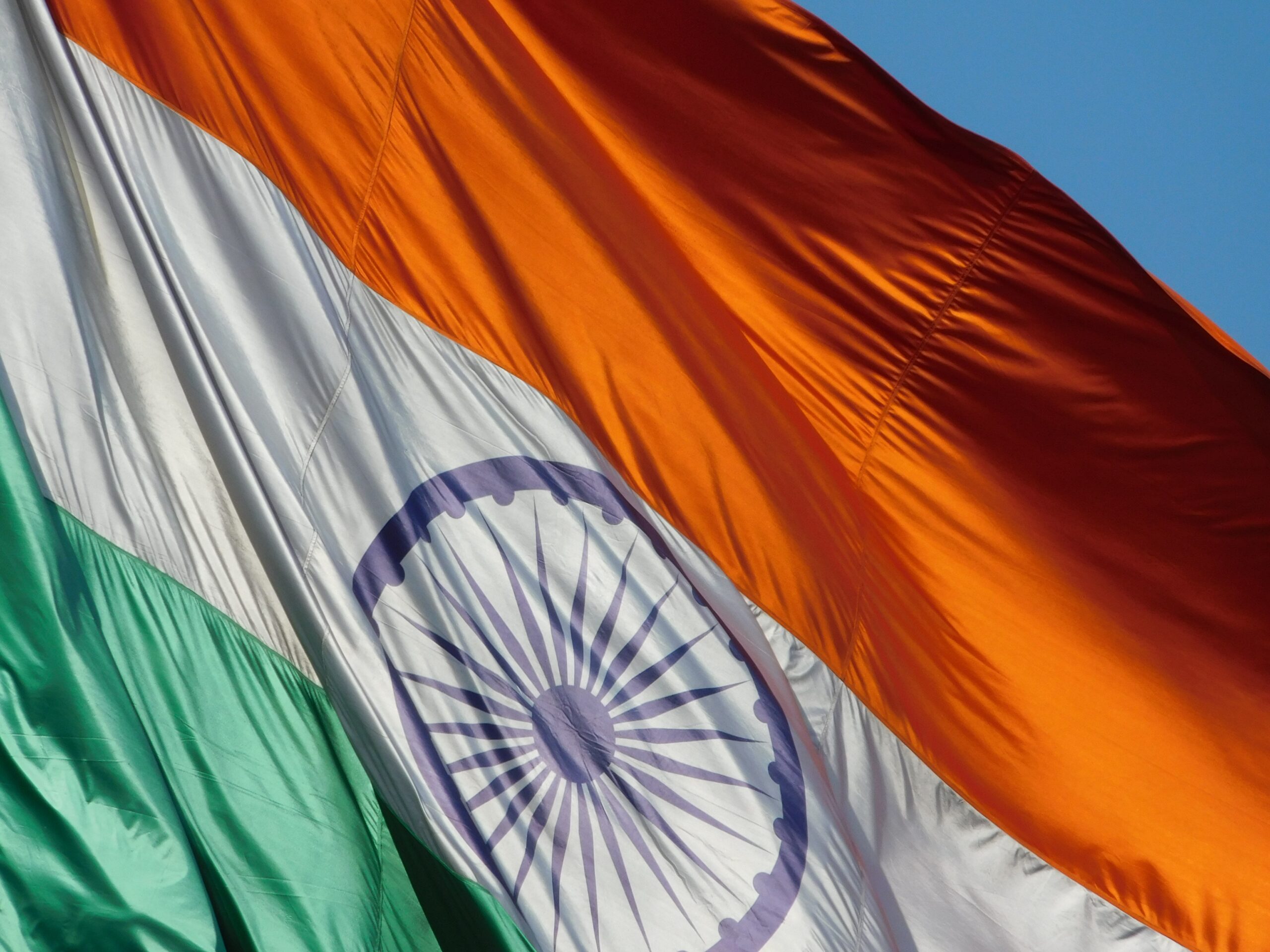PEN America, with 102 International Writers and Artists, Calls for India to Uphold the Freedom to Write Ahead of 75th Independence Day Celebration - PEN America

Raises Ongoing Concerns About Fraying of Free Expression and Jailing and Silencing of Writers
(NEW YORK)—As India marks 75 years of independence today, 102 notable U.S. and international writers and creative artists, including Marina Abramovic, Paul Auster, J.M. Coetzee, Jennifer Egan, Jonathan Franzen, Azar Nafisi, and Orhan Pamuk, joined PEN America and PEN International in signing a letter to Indian President Droupadi Murmu, raising concern over the deterioration of free expression and calling for the release of imprisoned writers and dissident and critical voices.
"As India celebrates 75 years of independence, the state of free expression is under grave threat and is being mourned rather than celebrated," said Karin Deutsch Karlekar, director of Free Expression at Risk Programs at PEN America. "We are relieved that the conditional release of poet Varavara Rao was made permanent on medical grounds this week, but other writers and public intellectuals including Hany Babu and Anand Teltumbde remain behind bars, and dozens of writers and journalists are subject to state-sanctioned threats and harassment. We urge the Indian government to stop trying to silence dissident voices, to allow free expression without fear of repercussions, and to free writers wrongfully jailed."
The joint letter, signed by PEN America and PEN International and more than 100 prominent writers globally, urges President Murmu to support democratic ideals and free expression in the spirit of India's independence, and restore India's reputation as an inclusive, secular, multi-ethnic and multi-religious democracy. The letter states: "Free expression is the cornerstone of a robust democracy. By weakening this core right, all other rights are at risk and the promises made at India's birth as an independent republic are severely compromised."
In a separate initiative, PEN America collaborated with a group of writers to invite authors from India and the Indian diaspora to reflect on the state of free expression and democratic ideals and received contributions from 113 authors. Titled India at 75, the collection includes original writings by Salman Rushdie (shared before the violent attack on him on Friday, Aug. 12), Jhumpa Lahiri, Abraham Verghese, Shobhaa De, Rajmohan Gandhi, Romila Thapar, Aakar Patel, Anita Desai, Geetanjali Shree, Perumal Murugan, P. Sainath, Kiran Desai, and Zia Jaffrey, among other notable writers.
"One of India's great strengths is its linguistic diversity and vibrant literary culture," noted Karlekar. "We intend for this collection of original writings by a wide range of essential voices, focusing on the state of Indian democracy on its 75th anniversary, to encourage creative expression at a time when it is under threat, and celebrate the key role that writers in India and the diaspora play in speaking truth to power and contributing to the public sphere. Despite growing fear and self-censorship, the fact that so many notable writers contributed is testament to the vibrancy of India's literary community."
Together, the two initiatives represent a rallying cry to uphold the freedom to write, and to encourage writers and public intellectuals to continue their key role in contributing to India's once vibrant democracy. Threats against free speech, academic freedom, and digital rights have accelerated in India in recent years. PEN America's most recent Freedom to Write Index, found India is the only nominally democratic country included in the count of the top 10 jailers of writers and public intellectuals worldwide, with eight individuals held behind bars. Detained writers face politically-motivated legal charges for their writing on politics, caste, minorities, and language; and journalists face detention for their reporting. Apart from cases of imprisonment or detention, dozens of writers have endured online harassment, physical threats, lawsuits, or other forms of intimidation for their views, including expressing the perspective of ethnic minorities. More broadly, recent internet shutdowns in Kashmir and in response to the farmer protests in the capital of New Delhi have restricted communication and access to information.
About PEN America
PEN America stands at the intersection of literature and human rights to protect open expression in the United States and worldwide. We champion the freedom to write, recognizing the power of the word to transform the world. Our mission is to unite writers and their allies to celebrate creative expression and defend the liberties that make it possible. Learn more at pen.org.
Contact: Suzanne Trimel, STrimel@PEN.org, 201-247-5057



Comments
Post a Comment